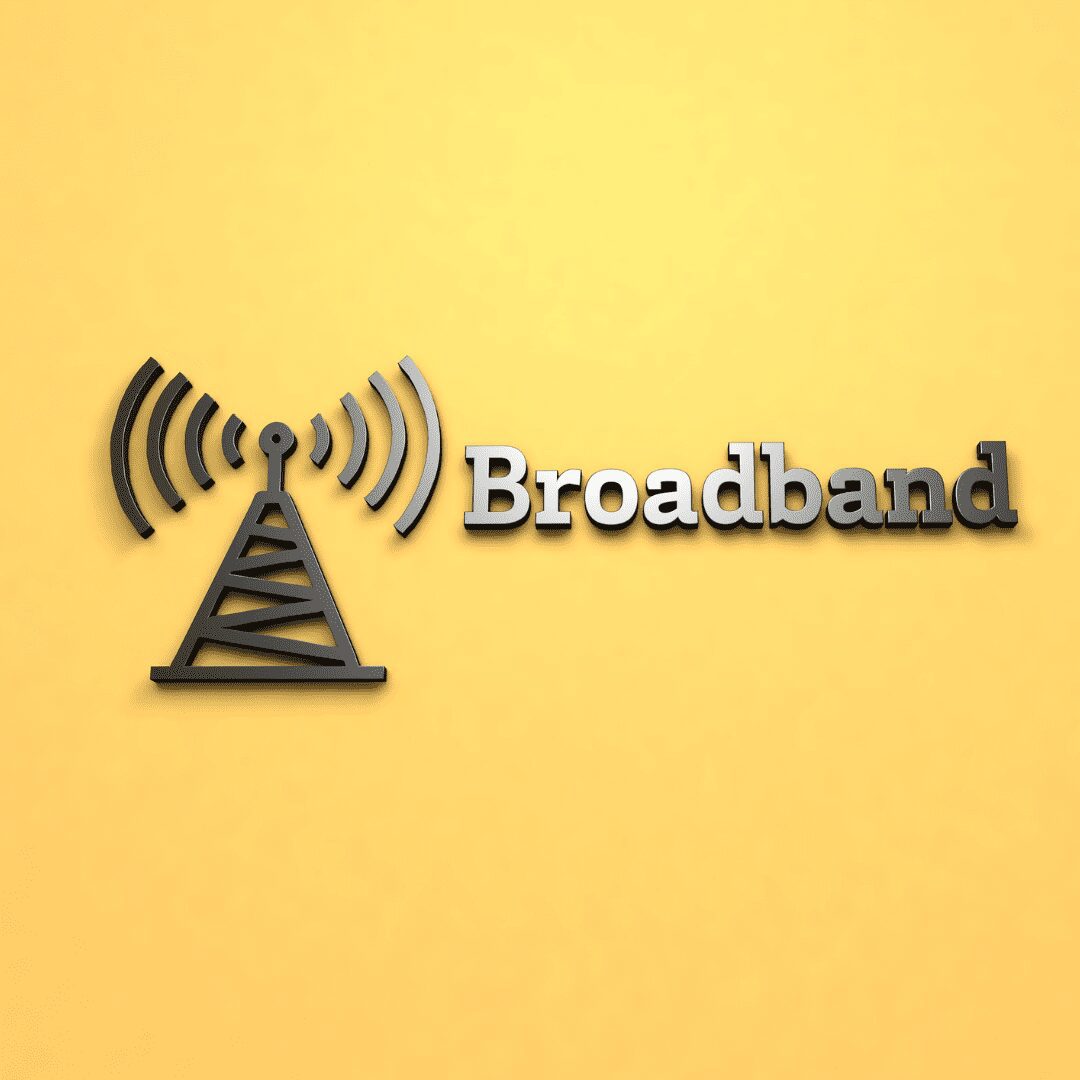This piece was originally published by The Center Square on December 7, 2022.
Critics continue to deride a Colorado state law that requires voters in cities to approve municipal broadband efforts, but the latest ballot results show that taxpayers have a voice in the process.
Senate Bill 152, which became law in 2005, prevents local governments from entering the broadband market and prohibits most cases of using local tax money for broadband infrastructure without voter permission.
Pueblo and Douglas counties became the latest jurisdictions where municipal broadband will be allowed in Colorado after voters easily approved measures to opt out of SB 152. In Pueblo County, 72 percent of voters chose to opt out, while 83 percent of Douglas County voters did the same.
In both cases, GONs aren’t immediately on the horizon. Pueblo Mayor Nick Gradisar said the city is looking to pursue a public-private partnership rather than build its own network. Lone Tree’s city website said that voter approval “opens a range of opportunities to improve access or services…while not binding the City to any specific actions or timelines.”
Douglas County, in which Lone Tree is located, hired consulting firm HR Green to conduct a broadband study last year, and the firm suggested there is an unmet need for more high-speed internet, according to the city website. The county has allocated $8 million in federal grant funds toward broadband improvements so far, and the city website notes that Lone Tree voters needed to opt out of SB 152 to connect to any taxpayer-owned broadband infrastructure built in the county.
Detractors of the Colorado law argue it’s pointless since many cities have chosen to opt out. Sean Gonsalves called the ballot measures an “unnecessary process” in Broadband Breakfast. In Light Reading, Nicole Ferraro argued that a “yes” vote by Pueblo and Douglas counties would “broaden their options for using their share of the state’s infrastructure funds.”
But situations in other Colorado cities show that leaders should tread carefully on the use of those infrastructure funds. For example, the unfortunate history of a government-owned network not performing as well as expected, resulting in hits to taxpayers or ratepayers, struck Loveland in 2022. The Loveland City Council authorized a $15 million loan from Loveland Water & Power, the city’s utility, to Pulse, the city’s broadband network. Council members voted 8-to-1 on the ordinance in late May.
The City Council pushed the vote through to create Pulse in 2018 despite the objections of some residents and the city’s mayor, Jackie Marsh, who objected to putting more money into the project because the original debt was not approved by voters.
Marsh, who has voting power on the council, was the only city official to vote against the new loan.
“It’s a new entity, it competes with private industry, and it’s a heck of a lot of money,” she said.“I’m not surprised that we need additional money… it’s a lot easier to say yes to $15 or $20 million more when the notes approved the original debt.”
Loveland city officials created the Electric & Communication Enterprise (ECE), and council members serve as its board members so they can issue the debt for Pulse. In early 2019, the council members voted to approve and issue $97 million in bonds to fund the initial construction and start-up of the network.
Colorado’s Taxpayers Bill of Rights mandates that cities require a vote of residents when they intend to take on debt, and some in Loveland say ECE is a workaround to the state law. Sherrie Pief, a reporter for Complete Colorado, the reporting arm of the Independence Institute, told the Taxpayers Protection Alliance (TPA) that Loveland is counter to other cities in Colorado in that city officials simply bypassed voters because they really wanted to do this project, worrying that officials “mortgaged the city on it.”
Councilor John Fogle told TPA that city officials did give voters a voice when residents passed an initiative in 2015 by an 82 percent to 18 percent margin to allow Loveland to opt out of SB 152. But Marsh, one of the ‘yes’ votes, said residents weren’t voting on actually building a broadband network, and didn’t give approval to take on nearly $100 million in debt.
Now the city of about 80,000 residents an hour from Denver will add another $15 million to the tally. City officials say the extra money is needed due to factors they couldn’t anticipate – the effects of the pandemic, inflation, skyrocketing growth in the community – and the funds will be placed in a line of credit, moved over from Loveland Water & Power to Pulse as needed.
That sort of robbing Peter to pay Paul has happened before in Colorado, with Longmont Power & Communication using $7 million from its electric division to help fund expansions of its broadband division, NextLight, in 2017. As TPA noted in its report “GON with the Wind: The Failed Promise of Government Owned Networks Across the Country,” that while in theory the loan from the electric division will be paid back, power customers would likely see an increase in rates if the broadband division were to fail.
It’s notable that Longmont voters first voted against municipal broadband in 2009, before passing a measure two years later. It shows that Colorado bureaucrats will push until the Pandora’s Box is opened.
Given the financial difficulties of many GONs, it’s particularly reasonable for residents of Colorado municipalities to have a say in taxpayer-funded broadband networks. The latest votes demonstrate that the law is working as intended.
Johnny Kampis is director of telecom policy for the Taxpayers Protection Alliance.

